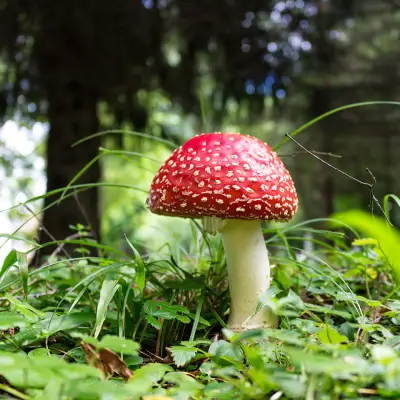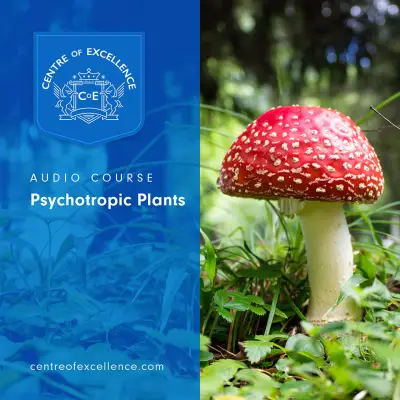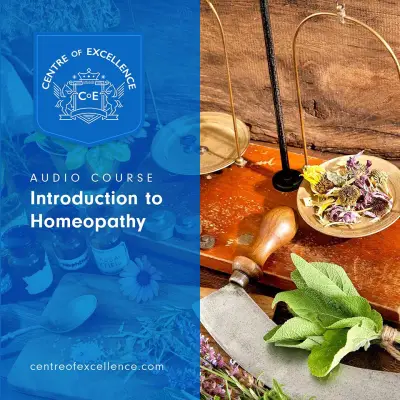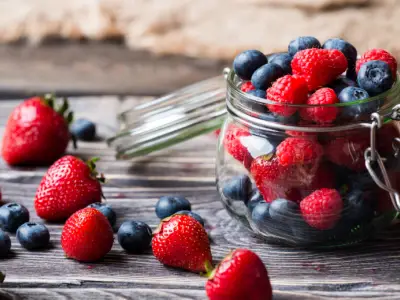Hemp is a plant that epitomises abundance. Not only does it grow abundantly with lush, green foliage, it also offers an abundance of nutrition and therapeutic benefits. We humans have been using hemp for thousands of years as a food, as a medicine and for its fibres. Our ancient ancestors loved the plant so much it was one of the first plants to be cultivated! Building on this ancient wisdom, modern research into the plant’s constituents and nutritional profile has highlighted numerous potential health benefits and as you’ll read, hemp has something to offer everyone.
Jump to:
1 – Hemp for Your Heart
Hemp plants produce copious seeds and we can add these seeds to our diet or use the oil pressed from them. These seeds (and their oil) contain an amino acid known as arginine, which may help to protect against cardiovascular disease by indirectly dilating and relaxing our blood vessels and by reducing inflammation. Cardiovascular disease is one of our biggest killers, but the right dietary and lifestyle changes can lead to a marked reduction in our risk of developing this disease. Indeed, trials suggest that hemp seeds and hemp oil in the diet are associated with lower blood pressure and a reduced risk of blood clots.
2 – The Anti-Inflammatory Powers of Gamma-Linolenic Acid
Hemp seeds are a rich source of gamma-linolenic acid (GLA), and introducing this fatty acid into your body is associated with positive outcomes. GLA produces an anti-inflammatory effect because the body converts it into anti-inflammatory compounds. There has been a long tradition of using plants rich in GLA to manage inflammation in the body, particularly inflammation in the joints (such as you’d see in cases of arthritis), nerve damage, and inflamed skin conditions (such as eczema, psoriasis and acne). You’ll learn more about the benefits of GLA shortly.
Recommended for you!
Best Sellers3 – Managing Stress
Thanks to the complex make-up of the hemp plant and its seeds, there are several reasons why this plant may help you to manage stress. If pain or one of the health conditions mentioned above is causing anxiety, the potential for symptom relief and the proactive manner of supporting an existing condition when using hemp seeds or hemp oils may help to reduce stress levels. Furthermore, the magnesium and B vitamins present in hemp can help the body to manage and counter the effects of stress by impacting important nervous system chemical messengers (neurotransmitters).
4 – A Food for the Skin
We are increasingly accepting the importance of healthy fats in our diet and in hemp seeds, we find essential fatty acids which encourage a wonderfully supple skin and help to reduce dryness. In addition to good fats, we also find anti-oxidants (which protect our cells), vitamins such as A and E, minerals such as calcium, iron, zinc, magnesium and phosphorus, which all help to “feed” the skin. There are also amino acids in hemp which are used in the synthesis of elastin and collagen, two important substances that guard against sagging in the skin and wrinkles. The fatty oils in hemp seeds are deeply moisturising and benefit dry and itchy skin. Hemp can, therefore, have a positive effect on the skin without physically being applied to the skin.
5 – A Recipe for Repair
Hemp seeds are an excellent source of protein; in fact, 25% of the calories from the seeds come from proteins. Our bodies make excellent use of consumed proteins and amino acids, using them as building blocks for repair and regeneration across the body. Our blood, bones, cartilage and muscles are made predominantly of proteins and every cell in our body features many proteins within their membranes. Therefore, we need to ensure that our diet provides enough protein to keep up with the constant repair and regeneration of these structures. The rise in the popularity of veganism has highlighted the fact that meat needn’t be our only source of protein. Hemp seeds can easily be sprinkled onto breakfast cereals, yoghurts and fruit bowls, onto salads or added to smoothies. These protein-packed seeds offer an easily digestible and complete protein source (meaning that like meat, hemp seeds contain all the essential amino acids) for repairing the body. Hemp may be particularly helpful when there is damage with lots of inflammation because as you’ve seen, they can also offer an anti-inflammatory action.
6 – An Ally for Acne
The anti-inflammatory gamma-linolenic acid in hemp may be the key constituent attributable to a proposed anti-acne action associated with this plant. Hemp may not only reduce the inflamed, swollen spots in cases of acne, but its GLA may also help to balance hormones. This would be particularly applicable to those people who notice that their acne flares in relation to their hormone levels. And don’t forget, hemp has lots of proteins to help with healing, offering building blocks to help heal an acne scarred skin. You can take a two-pronged approach when using hemp in cases of acne, using it both internally and externally. You needn’t worry about a hemp seed oil being too heavy or greasy for acne-prone skin because it’s a readily absorbed oil, meaning that it’s less likely to clog up the pores. It has also been suggested that internal use of the plant helps to prevent the hardening of sebum that blocks pores.
7 – A Fibre Provider
Our digestive systems love fibre. It helps to guard against constipation, it appears to help nourish and balance the healthy bacteria in our gut, and it is associated with a decreased risk of certain digestive disease and cancers. Unprocessed (or “whole”) hemp seeds are a super source of fibre, featuring both insoluble and soluble fibres. Insoluble fibres are associated with a gentle “bulk” laxative action and this means that those who suffer from constipation (either acute or chronic) may benefit from consuming the whole seeds with plenty of water to encourage the seeds to swell up and help get the bowels moving. Soluble fibres are thought to benefit the good bacteria in our gut, which is particularly useful when these may be knocked off balance (for example, following antibiotic use or if the diet has been poor). In the presence of water, soluble fibre forms a nutrient-rich gel which soothes the gut and has been implicated in helping to balance blood sugar and cholesterol levels.
8 – A Pain Reliever
Hemp contains constituents that work with the body’s own cell receptors to help reduce pain. When you combine that with the plant’s anti-inflammatory actions, you can see why it might be a useful ally when an injury, infection or an autoimmunity disorder is causing pain. Using the plant both internally and externally can be useful for promoting an analgesic effect. Anecdotal evidence indicates that hemp seed oil makes a soothing and gently pain-relieving massage oil for rubbing into the muscles following a workout. Sore joints also appear to respond well to the internal and external use of hemp seeds and oil in some people, be it from natural wear and tear of a joint, following an injury or as a result of an inflammatory condition.
9 – Brain Benefits
There has been some interest in the scientific world as to whether hemp and its active constituents may help protect our brain via an antioxidant mechanism. If this is indeed the case, it may mean that the plant could be used in the future to support individuals in cases of Alzheimer’s, multiple sclerosis, Parkinson’s and other neurodegenerative diseases. In addition to this proposed anti-oxidant activity within the nervous system, hemp’s anti-inflammatory and proposed immune modulating activity may also benefit the brain in such scenarios.
10 – Help with Hormones
You’ve seen that GLA is implicated in the regulation of hormones in cases of acne, and this regulation has also led to its use in cases of period problems and the menopause. Research suggests that the emotional changes experienced during cases of PMS may be caused by the hormone prolactin and that GLA can dampen the effects of prolactin via its stimulation of certain prostaglandins. Empirical evidence suggests that some women who use hemp seeds in their diet or take a hemp seed oil find that this eases their hormonal “mood swings”. An equivalent of around 200 mg of GLA was shown in trials to produce this beneficial effect. Usefully, hemp may also reduce other premenstrual symptoms, such as breast tenderness, bloating, fluid retention and cravings. We don’t know yet exactly how hemp improves menopausal symptoms, but anecdotal evidence certainly suggests that it can. It’s likely that the influence over hormones is at play, along with the anti-inflammatory action of the plant.
In cases of the menopause, using the plant both internally and externally may offer the best outcome because topically the moisturising actions of the oil may help combat the dryness and loss of plumpness associated with the dropping oestrogen levels around the menopause, whilst internally, the hormone-balancing effect may help to ease symptoms such as hot flushes and mood swings.
As you can see, thanks to its generous nutritional profile and therapeutically active constituents, hemp has the potential to help many systems of the body, including our largest organ, the skin. Hemp products allow us to work with the plant both internally and externally to address a diverse range of health issues.
Recommended for you!
Best SellersStudy Medicinal Cannabis & CBD Oil for £29
Discover more about hemp and its beneficial effects by taking our Medicinal Cannabis & CBD Oil Diploma Course, which, at the time of publishing, is available for just £29!














